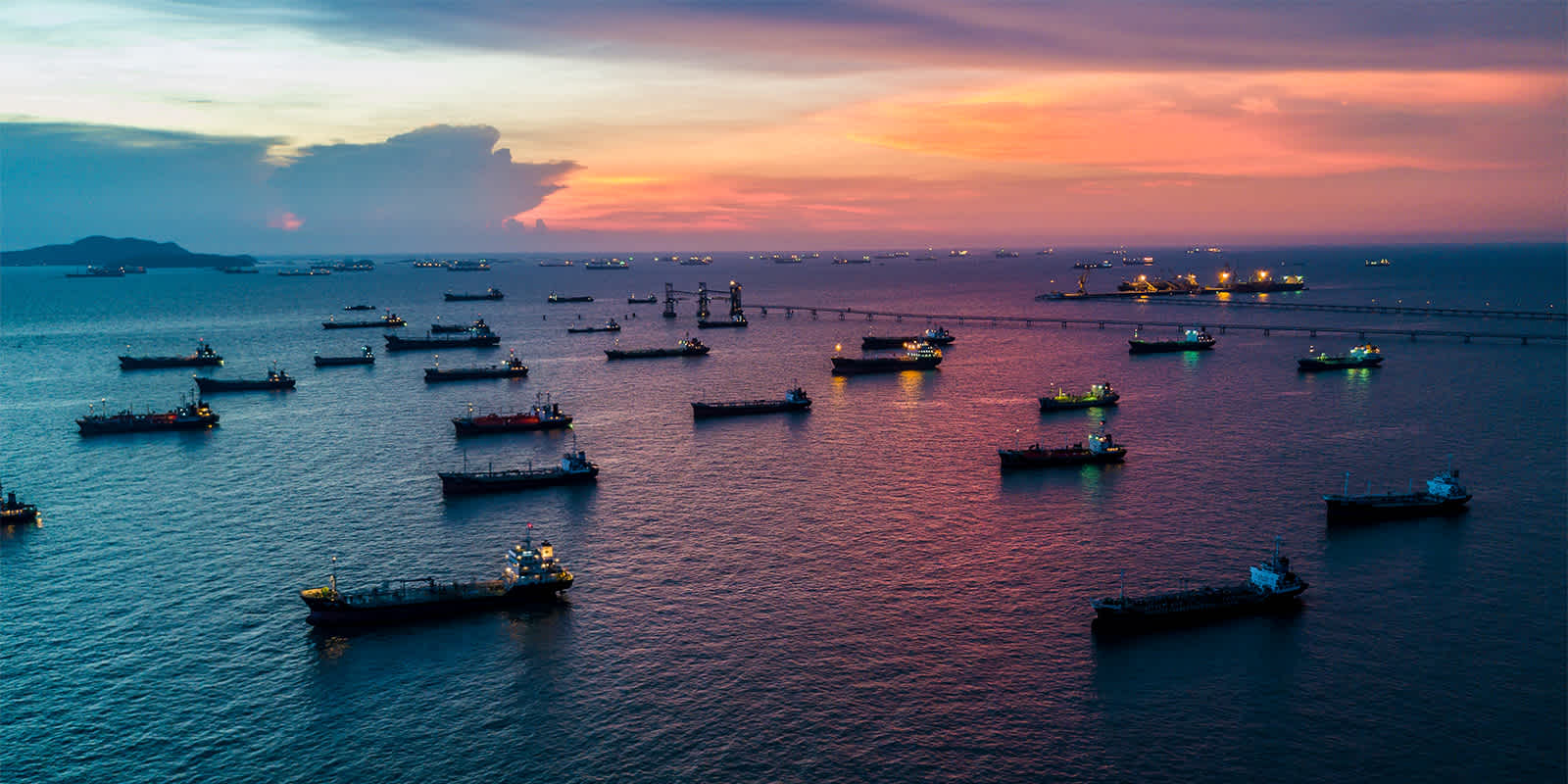
February 18, 2020
RFP Season: Three Things to Check Before You Hire a Freight Forwarder
RFP Season: Three Things to Check Before You Hire a Freight Forwarder
Preparing your supply chain for the year ahead is never easy. But this year, it’s especially challenging. From the uncertainties of 2019 that have shaped today's economic climate to the outbreak and impact of the Coronavirus, there are plenty of factors to consider. An understanding of what to watch out for—or leverage—can help you become better positioned for the months ahead. A big part of that is selecting the right freight forwarding partner.
The season known for requests for proposals (or RFP Season), when shippers evaluate potential forwarders, can be time-intensive and confusing in any given year. But with the lack of peak season last year, the continued uncertainty with tariffs and global events, and implementation of IMO 2020, there are even more things to think about. Following are some essential elements to keep in mind as you search for a freight forwarder that will align with your supply chain.
Service Standards: To succeed in global trade, shippers must start with a partner they trust and that will meet business expectations. Many fall into the trap of zeroing in on pricing, looking only at the cost of moving goods from point A to point B. But doing so ignores a host of other aspects that can drive cost up, once you scratch beneath the surface. To reduce risks to your supply chain, ask your freight forwarder specific questions about service:
- How many TEUs can you actually commit to on a weekly and monthly basis? What kind of volume is realistic for your business needs during the course of the year?
- What happens if you don’t deliver the volume you committed to? Could your committed capacity be cut?
- What is the process for dealing with a global crisis, unexpected port closures, or natural disasters?
Pricing Clarity: Check to see what the quoted price from a forwarder includes. Additional fees, like those resulting from IMO 2020 regulations, can be represented in several different ways. So, a price that seems lower at first glance might end up being higher after surcharges and additional fees are included. Dig into pricing to understand:
- How are IMO surcharges included in your quotes?
- Are there additional fees that don’t have prices attached to them?
- What types of surcharges are not included?
Insight and Flexibility: With the fast-paced environment of global trade, be sure that your selected partner gives you the flexibility to alter course as your supply chain changes. New sourcing locations, trade wars, and unexpected weather have become common in the global trade landscape. Questions to ask:
- Does your forwarder have the inhouse expertise to provide insight into how global events can impact your business?
- Can they proactively advise you on how to avoid potential delays and disruptions?
Ensure your forwarder allows you to stay agile as unforeseen events arise. The more latitude you have, the easier it is to avoid complications that can cause delays to your delivery times.
Get deeper insights and best practices during RFP season and beyond by reading The Smart Shipper’s Guide to Ocean Freight.



